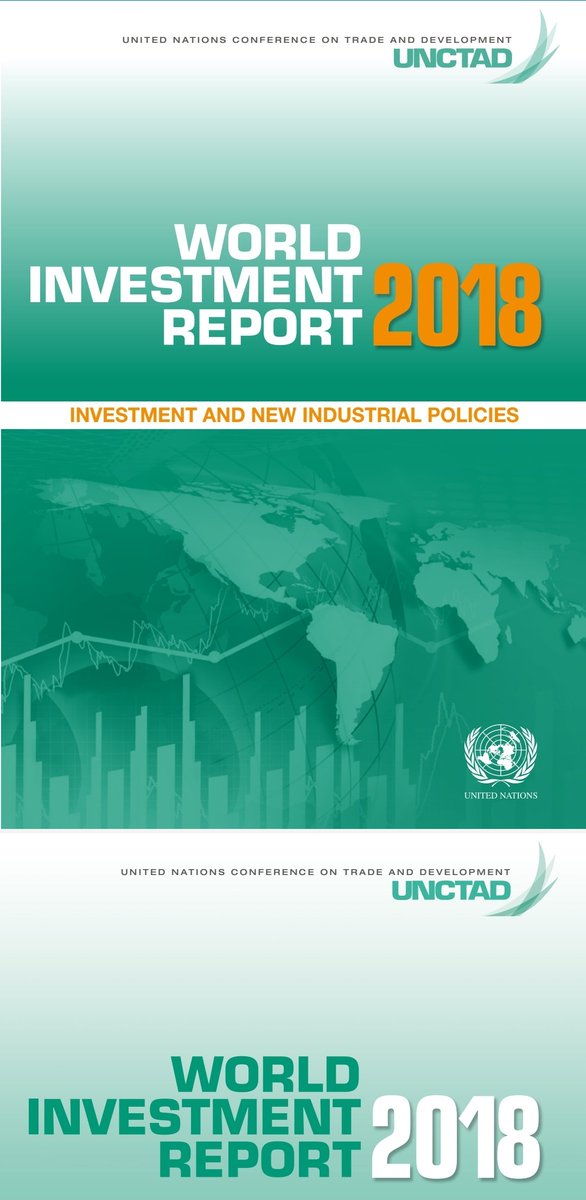Anyone [lawyer or otherwise] who is interested in International Investment Law or International Economic Law or generally interested in that aspect of economic development can check out the following sources of free materials.
https://twitter.com/OrjiUka/status/1264645818553896960
For comprehensive information or materials look no further than the Website of The United Nations Conference on Trade and Development (UNCTAD). They have up to date information on investment policies, Bilateral and Multilateral investment agreements etc.
investmentpolicy.unctad.org
investmentpolicy.unctad.org
If you have heard of the much talked about World Investment Report which is published annually and wondering how to get a copy and more, then that UNCTAD Investment Policy is the place.
Just browsing through the materials on this Website can take 24 hours 😁


Just browsing through the materials on this Website can take 24 hours 😁



For reports on International Investment Arbitration cases, you can visit
italaw.com
italaw.com
For some reasons the preview page isn't working. So this is what the Website home page should look like. 

Another website that's a source of rich material on international investment treaties & resulting disputes is the Website of the International Centre for Settlement of Investment Disputes.
It is from there that I heard about the Africa Arbitration Academy
icsid.worldbank.org
It is from there that I heard about the Africa Arbitration Academy
icsid.worldbank.org
• • •
Missing some Tweet in this thread? You can try to
force a refresh






